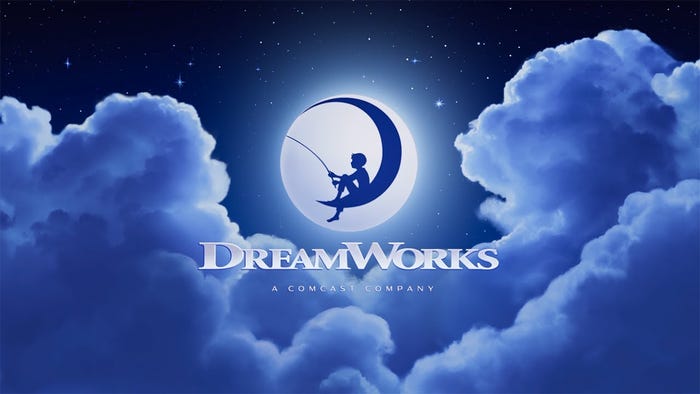Facebook says over 1.5 million people in the U.S. are playing its cloud games each month
Over 1.5 million people are now playing cloud-streamed games on Facebook Gaming in the United States every month.

Over 1.5 million people are now playing cloud-streamed games on Facebook Gaming in the United States every month.
That's according to the latest figures from Facebook itself, which described the milestone as "significant." The social media company said that while cloud gaming still has a way to go, this early growth on its Facebook Gaming platform is a "signal that [...] we're on the path to delivering developer value."
Facebook claims its cloud gaming service, which debuted in beta form in October last year, is unique to competitors like Stadia and Xbox Cloud Gaming because it doesn't require users to access a separate service or pay subscription fees.
"We’re building up our free-to-play mobile catalog of games in a measured way and deepening the games people can enjoy with their friends on Facebook," said the company, explaining how cloud gaming works on its platform.
"For us, cloud-streaming is a way to deliver cross-device, instant access to games, wherever people want to play. People play our cloud-streamed games right alongside games in HTML5. And they shouldn’t have to think too hard about how the games are delivered so long as we do our jobs right."
In a bid to expand its cloud gaming roster, Facebook has also partnered with Ubisoft to bring mobile titles including Assassin's Creed Rebellion, Hungry Shark Evolution, and Hungry Dragon to the platform. The French publisher will also add Mighty Quest and Trials Frontier in the coming months.
That Ubisoft partnership means Facebook Gaming now hosts over 25 cloud-supported titles, including Roller Coaster Tycoon Touch, Lego Legacy Heroes Unboxed, and Dragon Mania Legends.
As it stands, Facebook Gaming's cloud platform is only available in the United States, although Facebook is beginning to roll out the service in Canada and Mexico. Those based in Western and Central Europe can expect to gain access by early 2022.
About the Author(s)
You May Also Like













